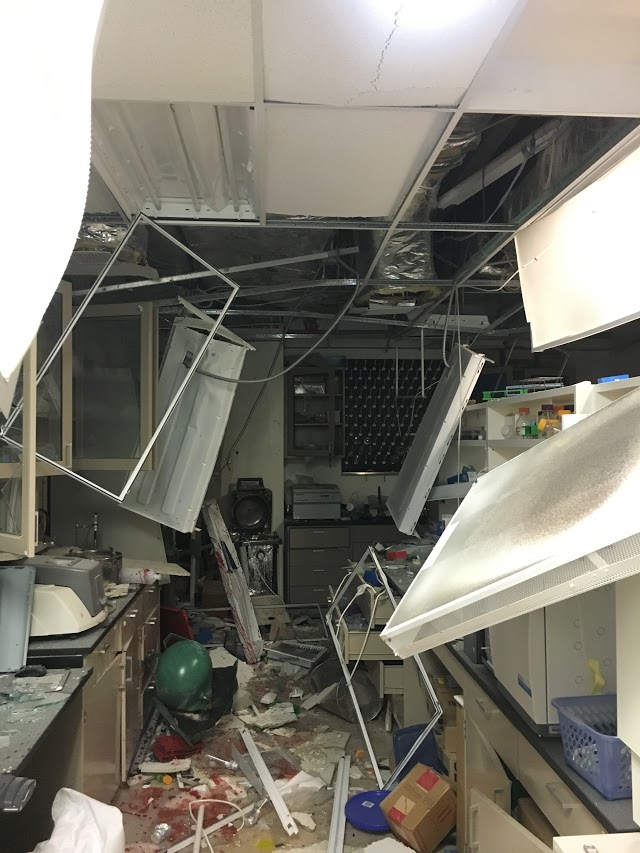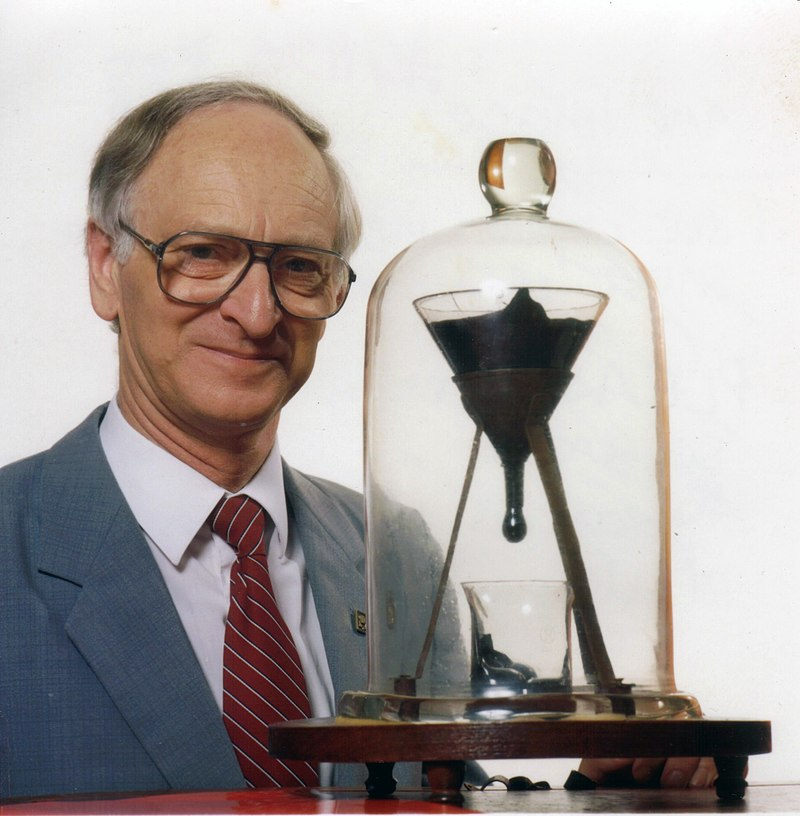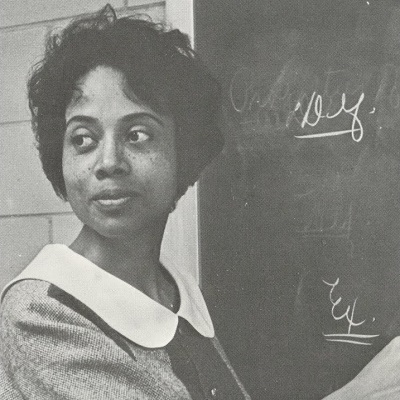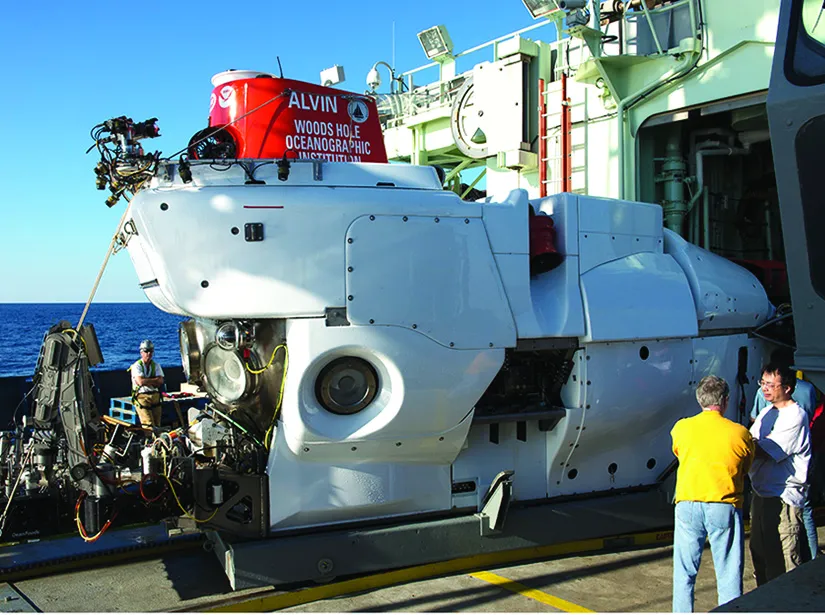
Let's talk about the 2016 University of Hawaii-Manoa lab explosion as a case study in #LabSafety practices.
A few of the photos will be marked sensitive because a postdoc lost an arm in the explosion & there's blood at the scene.
This story is a warning to all researchers.
A few of the photos will be marked sensitive because a postdoc lost an arm in the explosion & there's blood at the scene.
This story is a warning to all researchers.

The research lab studies bioremediation and biofuels: microbial cultures are fed 70% hydrogen, 25% O2 and 5% CO2 and coaxed into producing biofuel substrates.
This is the 49L steel tank containing the gas mixture. It has a valve that feeds the bioreactor.
This is the 49L steel tank containing the gas mixture. It has a valve that feeds the bioreactor.

You can see the bioreactor in the corner here, post-explosion, with the large yellow pressure gauge.
All of this, if you can't tell, is assembled from parts designed for similar, but not identical, applications.
That's the nature of research: novelty, adaptation.
All of this, if you can't tell, is assembled from parts designed for similar, but not identical, applications.
That's the nature of research: novelty, adaptation.

An investigation suggests it was the circuit board inside the pressure gauge on top of the tank that ignited the mixture.
The postdoc later reported she would get minor static shocks from it, indicating insufficient grounding. It was not an "intrinsically safe" model.
The postdoc later reported she would get minor static shocks from it, indicating insufficient grounding. It was not an "intrinsically safe" model.

The ignition of the hydrogen-oxygen mix exploded the 49 L tank, sending shrapnel through the postdoc's elbow, severing her right arm.
She crawled to the lab door, which was blocked by debris. A grad student & security personnel kicked in the door to rescue her.
She crawled to the lab door, which was blocked by debris. A grad student & security personnel kicked in the door to rescue her.

I'm happy to say she's alive &well & still researching in her field.
The lab was severely damaged.
The university was fined for occupational health failures: blocked exit routes, lack of training, lack of proper safety gear, inadequate safety plans, failure to follow process.
The lab was severely damaged.
The university was fined for occupational health failures: blocked exit routes, lack of training, lack of proper safety gear, inadequate safety plans, failure to follow process.

There's a saying in my workplace: safety is everyone's responsibility.
It's easy to roll your eyes at all the training, precautions, redundancies.
I want to remind people of the life-changing consequences of something as small as a poorly grounded flow regulator.
It's easy to roll your eyes at all the training, precautions, redundancies.
I want to remind people of the life-changing consequences of something as small as a poorly grounded flow regulator.

This photo is of the bloody lab coat the postdoc was wearing, so marked sensitive.
To all of my fellow 'lab rats', I'm asking that you think about safety as your first priority, for yourself, for your lab-mates, and for the people who love you.
Source:
cen.acs.org/articles/94/we…
To all of my fellow 'lab rats', I'm asking that you think about safety as your first priority, for yourself, for your lab-mates, and for the people who love you.
Source:
cen.acs.org/articles/94/we…

• • •
Missing some Tweet in this thread? You can try to
force a refresh






















